The Comprehensive Guide To Makeup Artist Education Requirements: Unveiling The Path To A Successful Career
The Comprehensive Guide to Makeup Artist Education Requirements: Unveiling the Path to a Successful Career
Related Articles: The Comprehensive Guide to Makeup Artist Education Requirements: Unveiling the Path to a Successful Career
Introduction
With great pleasure, we will explore the intriguing topic related to The Comprehensive Guide to Makeup Artist Education Requirements: Unveiling the Path to a Successful Career. Let’s weave interesting information and offer fresh perspectives to the readers.
Table of Content
The Comprehensive Guide to Makeup Artist Education Requirements: Unveiling the Path to a Successful Career
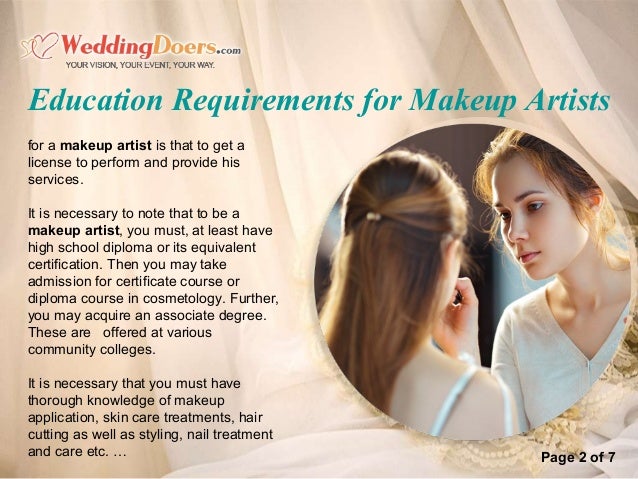
The world of makeup artistry is a vibrant and dynamic field, offering individuals with a passion for beauty and creativity a chance to transform lives through the power of cosmetics. However, embarking on this exciting career journey requires a solid foundation of knowledge and skills. This comprehensive guide delves into the essential makeup artist education requirements, exploring the various pathways available, the benefits of formal training, and the crucial factors to consider when selecting a program.
Understanding the Importance of Education:
While some may believe that innate talent alone is sufficient for success in makeup artistry, a structured education provides a crucial advantage. Formal training equips aspiring artists with the necessary technical proficiency, theoretical understanding, and industry-specific knowledge, allowing them to confidently navigate the diverse demands of the profession.
Exploring Educational Pathways:
The makeup artistry education landscape offers a variety of options to suit different learning styles and career aspirations. These include:
-
Cosmetology Schools: These programs provide a comprehensive foundation in beauty industry practices, including makeup artistry, hair styling, skin care, and nail care. They typically offer a combination of classroom instruction and hands-on experience.
-
Makeup Artistry Schools: These specialized institutions focus exclusively on makeup artistry, offering in-depth training in various techniques, product knowledge, and industry trends. They often feature renowned instructors with extensive experience in the field.
-
Online Makeup Artistry Courses: These flexible programs provide self-paced learning opportunities for aspiring artists, allowing them to acquire knowledge and skills at their own pace. They often include video tutorials, interactive exercises, and access to online resources.
-
Workshops and Masterclasses: These short-term programs offer intensive training in specific makeup artistry techniques, such as bridal makeup, special effects makeup, or airbrushing. They are ideal for honing specific skills or expanding existing knowledge.
Key Considerations for Choosing a Program:
When selecting a makeup artistry education program, several factors should be carefully evaluated:
-
Curriculum: The program should cover a comprehensive range of techniques, including foundation application, eye shadow blending, contouring, highlighting, lip application, and special effects makeup.
-
Instructors: Qualified instructors with extensive experience in the field are essential for providing valuable guidance and mentorship.
-
Accreditation: Accreditation by recognized organizations ensures that the program meets industry standards and prepares graduates for professional success.
-
Hands-on Experience: Practical training is crucial for developing technical proficiency and building confidence.
-
Networking Opportunities: Programs that offer opportunities for networking with industry professionals can be invaluable for career advancement.
-
Cost and Duration: It’s important to consider the financial investment and the duration of the program to ensure it aligns with personal goals and resources.
Essential Makeup Artist Skills and Knowledge:
A successful makeup artist possesses a diverse skillset and a deep understanding of various aspects of the industry. These include:
-
Technical Proficiency: Mastery of various makeup techniques, including foundation application, eye shadow blending, contouring, highlighting, and lip application.
-
Product Knowledge: Familiarity with different makeup brands, products, and their properties, including textures, finishes, and application methods.
-
Color Theory: Understanding of color theory and its application in makeup, including complementary colors, warm and cool tones, and color correction.
-
Skincare Knowledge: Basic understanding of skin types, conditions, and appropriate skincare practices for achieving optimal makeup application.
-
Hygiene and Sanitation: Adherence to strict hygiene and sanitation practices to ensure the safety and well-being of clients.
-
Client Communication and Consultation: Effective communication skills for understanding client needs, preferences, and desired outcomes.
-
Business Acumen: Basic understanding of business practices, including marketing, pricing, and client management.
Benefits of a Makeup Artist Education:
Pursuing a formal makeup artistry education offers numerous advantages for aspiring artists:
-
Enhanced Skills and Knowledge: Structured training provides a solid foundation in essential techniques, product knowledge, and industry best practices.
-
Professional Credibility: Certification or accreditation from a reputable institution enhances professional credibility and builds trust with potential clients.
-
Networking Opportunities: Programs often offer opportunities to connect with industry professionals, mentors, and potential employers.
-
Career Advancement: A formal education can open doors to higher-paying positions, such as freelance makeup artistry, working for beauty brands, or teaching makeup artistry.
-
Increased Confidence: Structured training instills confidence in applying makeup techniques and navigating the demands of the industry.
FAQs about Makeup Artist Education Requirements:
Q: Is a formal education required to become a makeup artist?
A: While not always mandatory, a formal education provides a significant advantage in the competitive field of makeup artistry. It equips individuals with the necessary skills, knowledge, and industry connections to succeed.
Q: What are the typical requirements for makeup artistry programs?
A: Admission requirements vary depending on the program and institution. However, most programs require a high school diploma or equivalent and may involve an interview or portfolio review.
Q: How long does it take to complete a makeup artistry program?
A: The duration of programs varies significantly, ranging from short-term workshops to comprehensive programs lasting several months or even years.
Q: What are the career opportunities for makeup artists?
A: Makeup artists can pursue diverse career paths, including freelance work, working for beauty brands, film and television productions, fashion shows, weddings, and special events.
Q: How much can I earn as a makeup artist?
A: Earning potential varies depending on experience, expertise, location, and clientele. However, skilled and experienced makeup artists can earn competitive salaries.
Tips for Success in Makeup Artistry:
-
Practice Regularly: Consistent practice is essential for honing technical skills and building confidence.
-
Stay Updated on Trends: The beauty industry is constantly evolving, so staying informed about new techniques, products, and trends is crucial.
-
Build a Strong Portfolio: Showcase your best work in a professional portfolio to attract potential clients and employers.
-
Network with Industry Professionals: Attend industry events, workshops, and conferences to connect with other artists, brands, and potential clients.
-
Promote Your Services: Utilize social media, online platforms, and networking to promote your services and build a client base.
Conclusion:
A formal makeup artistry education provides aspiring artists with the knowledge, skills, and confidence to thrive in this dynamic and rewarding industry. By carefully selecting a program that aligns with their goals and aspirations, individuals can embark on a journey of creativity, passion, and professional growth. Whether pursuing freelance work, joining a beauty brand, or pursuing a career in film, television, or fashion, a strong foundation in makeup artistry education is the key to unlocking a successful and fulfilling career.
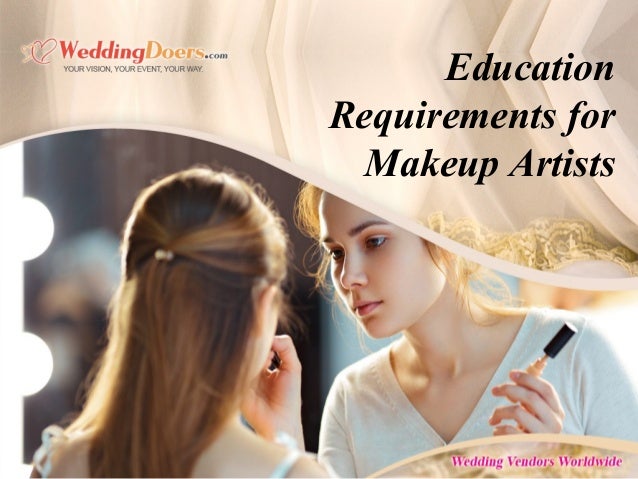

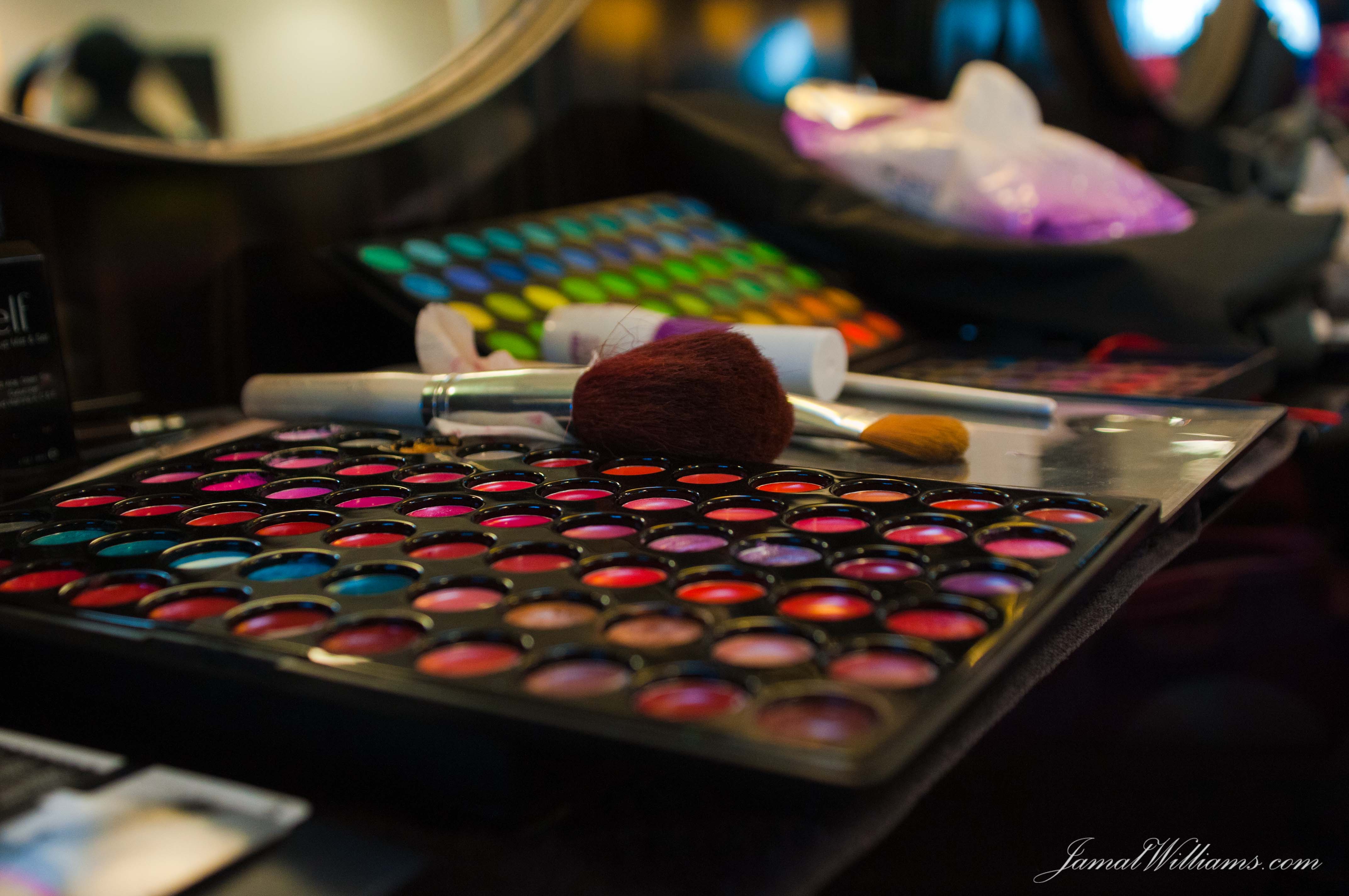
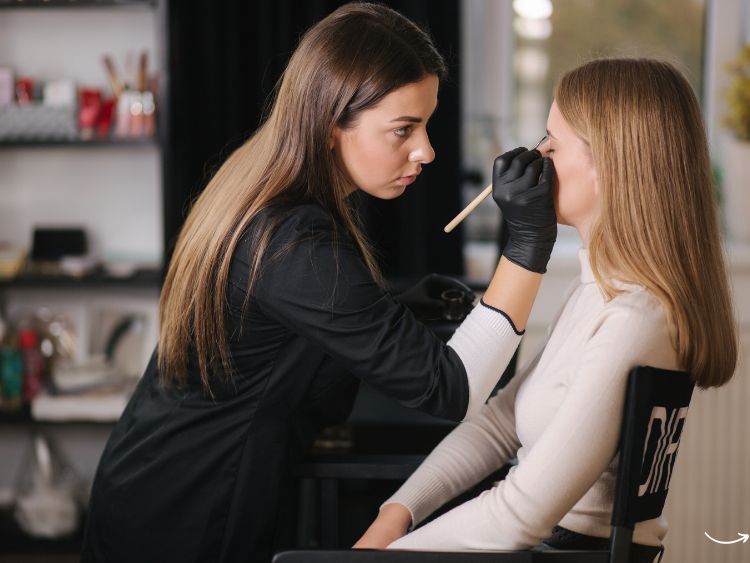
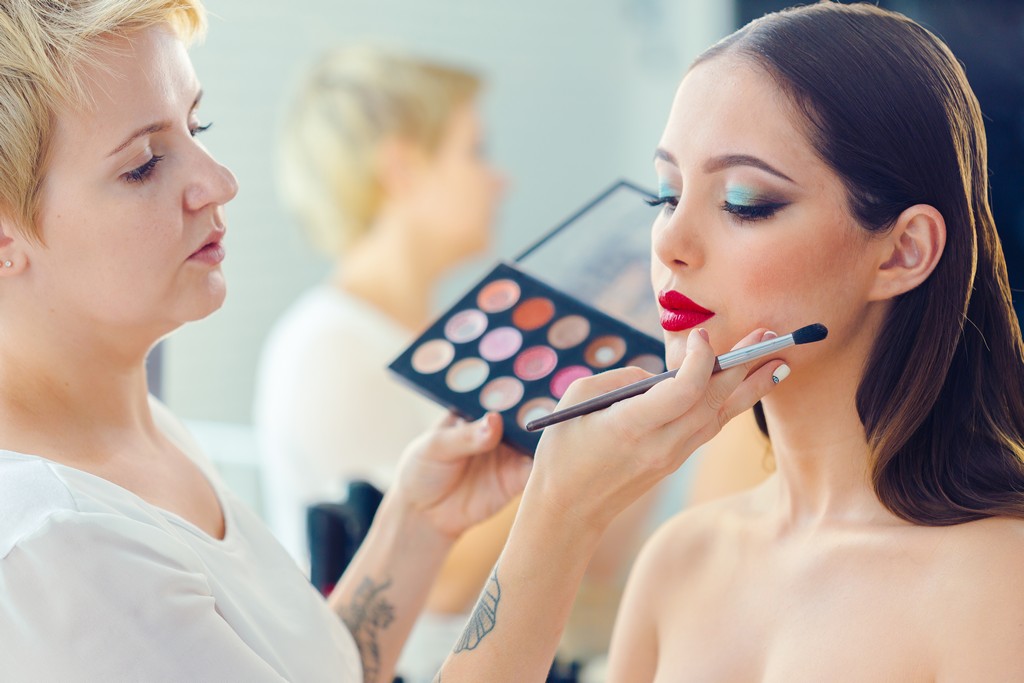


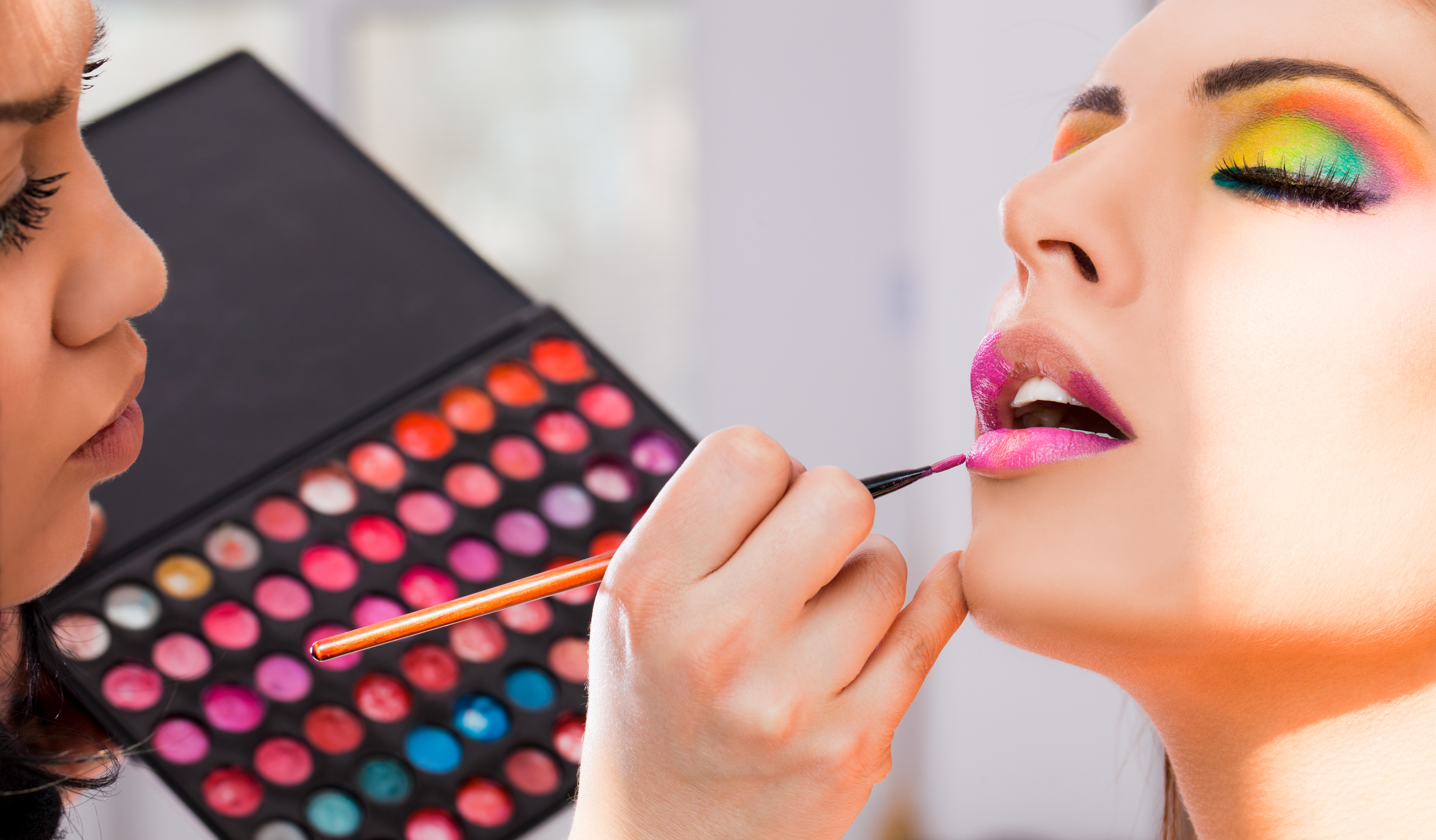
Closure
Thus, we hope this article has provided valuable insights into The Comprehensive Guide to Makeup Artist Education Requirements: Unveiling the Path to a Successful Career. We hope you find this article informative and beneficial. See you in our next article!
You may also like
Recent Posts
- Mastering The Art Of Eye Makeup: A Comprehensive Guide To The Color Wheel
- The Art Of Enhancement: A Comprehensive Guide To Makeup
- The Ultimate Guide To Makeup Bags For Travel: Organization, Style, And Essential Considerations
- A Guide To Makeup At Walmart For Kids: Exploring Options And Considerations
- A Comprehensive Guide To Makeup Brands Beginning With C: From Classic To Cutting-Edge
- The Ultimate Guide To Finding The Perfect Makeup Chair: A Comprehensive Look At Kmart’s Offerings
- Navigating The World Of Makeup For Sensitive Skin: A Guide To Finding The Perfect Fit
- The Ever-Evolving Canvas: Exploring Makeup Designs Through The Decades
Leave a Reply